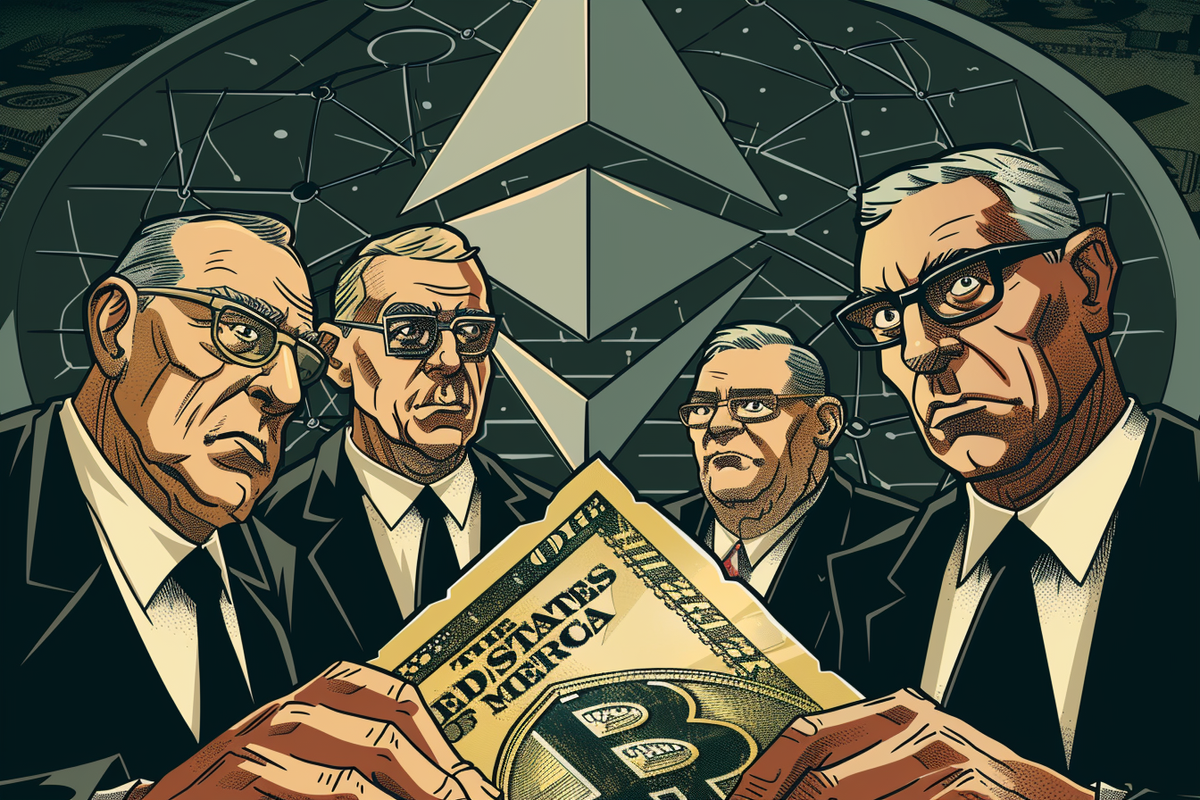Table of Contents
Russian businessman Igor Runets created a data centre for cryptocurrency mining in Siberia in 2017, the same year he received his MBA from Stanford University.
It was a daring bet that the area's chilly winters and inexpensive electricity might earn him millions.
Clients from the United States and China were among those his business, BitRiver, was able to entice. Mining for Bitcoin became more profitable as its value skyrocketed, growing by about 650% in the two years leading up to November 2021.
When Russia invaded Ukraine, it turned everything upside down.
Russian efforts to profit from its natural resources may have been facilitated by BitRiver's "vast server farms," which led to the US Treasury Department's decision to penalise the firm in April 2022.
In the same year that Sam Bankman Fried's FTX collapsed, miners also had to deal with a larger crypto slump.
Now, nearly two and a half years after proposing a complete ban on cryptocurrency, the Russian government is making a U-turn in response to growing problems with international payments caused by sanctions.
The first steps towards legalizing the usage of cryptocurrencies inside Russia were enabled last month when Vladimir Putin approved a law governing crypto mining.
Last year, Bitcoin worth roughly $3.5 billion was mined in Russia.
Runets characterized the bill as a "historical moment" in a Telegram message.
The Bloomberg Billionaires Index estimates the 38-year-old entrepreneur's net worth at $230 million, based on the prices of his capacity, which are about $215,000 per megawatt, and the values of his public peers.
Unpublished remarks made by Runets to Bloomberg News in 2022, just before the Russian invasion of Ukraine, revealed that he had lealearnednt about cryptocurrency mining while a student at Stanford. His fellow Stanford students were among the initial users of BitRiver.
The Russian city of Bratsk, located in southern Siberia and home to one of Russia's largest aluminum smelters, was the original hub of Runets' crypto-mining enterprise.
It gets its low-cost electricity from a nearby hydroelectric power station owned by EN+ Group International PJSC. The company's largest stakeholder is the sanctioned billionaire Oleg Deripaska.
According to its website, BitRiver has developed since its founding and now has 15 data centers with a combined capacity of 533 megawatts, housing over 175,000 servers.
The mining firm also provides technical services and equipment. To mine cryptocurrency, customers pay a power unit plus equipment upkeep fees.
The cryptocurrency mining sector in Russia has been rapidly growing in recent years, even before Putin's edict legalized it.
The fact that many miners fled to other countries, particularly Russia, in 2021 after China's blanket prohibition on crypto mining gave an additional boost since the country had previously been the world's leading Bitcoin mining center.












